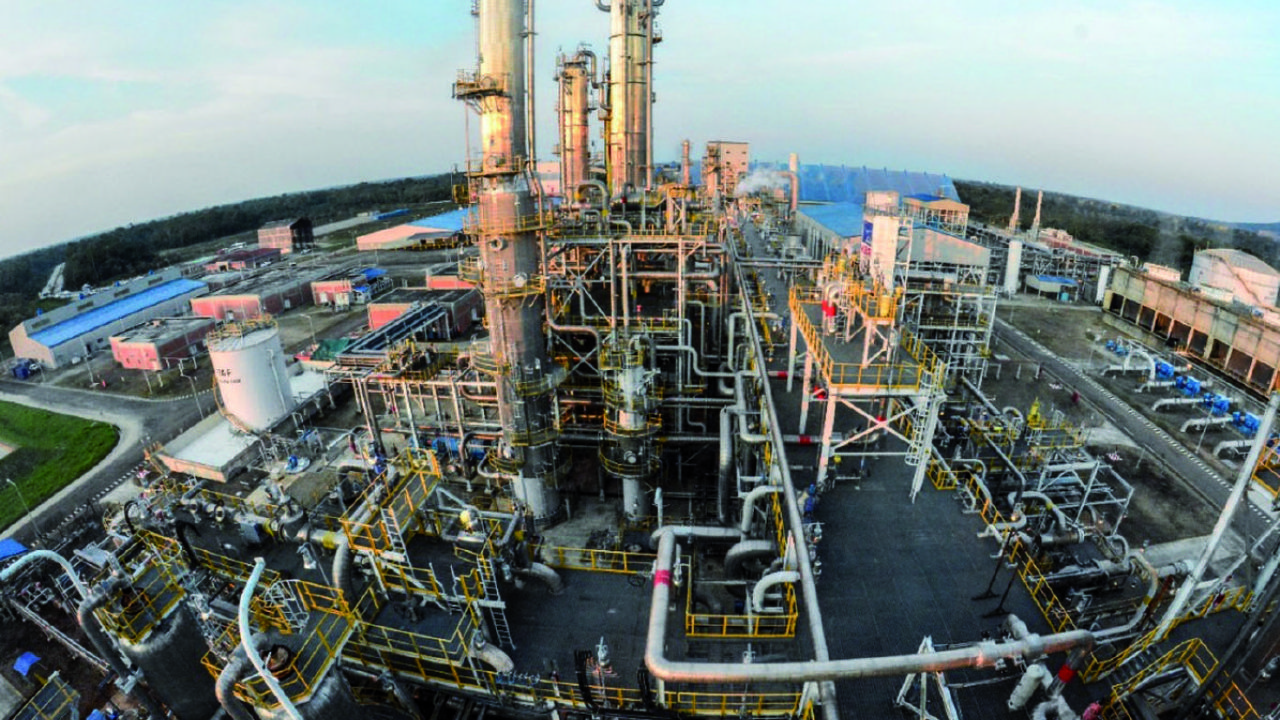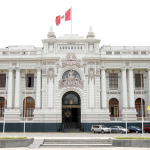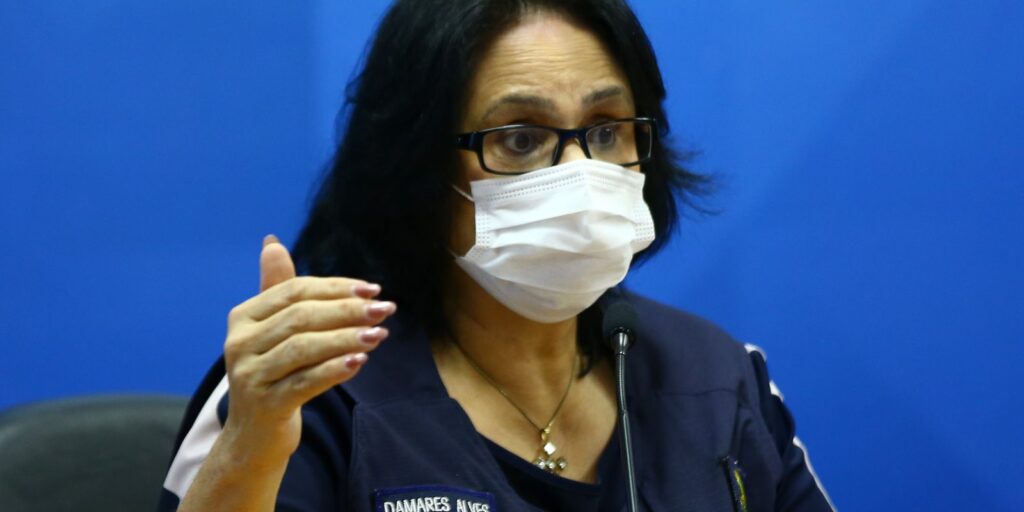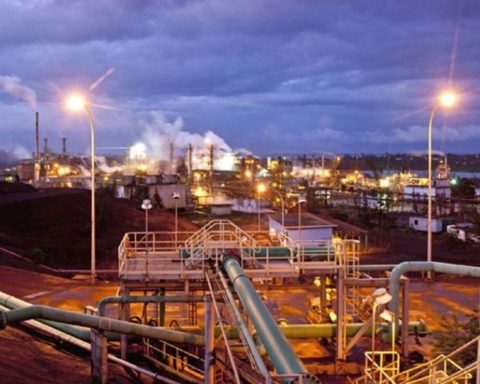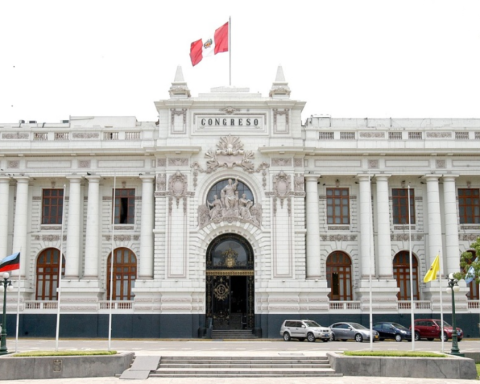Juan Pérez M. / Page Seven
Documentation from the Ministry of Hydrocarbons shows that the monthly payroll of the specialized technical personnel and the labor contracts of the Ammonia and Urea Plant reaches 1,821,909 bolivianos. This information was sent in response to a request for a written report presented by the deputy of the Citizen Community (CC) Iván Canaviri.
The three highest salaries are those of the head of the plant, Mohanan Ariyappa, who earns 250,392 bolivianos each month; the head of Auxiliary Services Plant Coordination, Varghese Kooran, receives 103,645 bolivianos, a monthly perception similar to that received by the plant coordinator, Guiam Shaikh.
The plant’s DCS operator, Luis Aldama, has a monthly salary of 23,831; the factory supervisor, Jesús Castejón, 31,500, an amount similar to that of the plant field supervisor, Hermes Castejón Pacheco; and the DCS operator of auxiliary services, Jesús Castillo, receives 26,000 bolivianos.
Based on these positions, the monthly earnings of plant workers vary from 18,821 Bolivianos for a field operator to 37,480 Bolivianos for a factory control and automation engineer.
In the document, the Minister of Hydrocarbons, Franklin Molina, explains that the hiring of the personnel was done through a public external call and that no foreign personnel were hired in the Ammonia and Urea Plant project, according to the information that gave him Bolivian Fiscal Petroleum Deposits (YPFB).
However, in the payroll (see infographic) the officials who receive the highest salary are foreigners, and the former Minister of Hydrocarbons Álvaro Ríos indicated that there are also citizens of Venezuelan nationality who also work at the plant.
POINT OF VIEW
Alvaro Rios
former Minister of Hydrocarbons
“These salaries are not justified”
Remuneration at the Ammonia and Urea Plant is exaggerated, in a comparison that can be made with the international environment. Salaries for a plant boss or manager in Brazil and the United States range from $10,000 to $15,000.
The plant has been in operation for six years and Bolivian personnel were sent to South Korea to train it, and it is not possible that in that time there were no trained Bolivian personnel to assume these positions.
These charges, why not compete? In the end, it is a public company that could call for an international contest in which not only Bolivians participate, but also foreigners. They should compete for these positions and choose the technical profiles.
There are several foreigners who are working in the plant, among them Venezuelans, and there are several Bolivians who have been trained and are not working. But what I question is why that plant is not operated by Bolivian personnel.
In addition, what every company, whether public or private, must do is reduce the cost of its operating plant and have greater performance.
These salaries are not justified even if we were in a time of economic boom, even worse now that we are in a time of crisis.
Alvaro Rios He is a former Minister of Hydrocarbons and an expert on issues related to that area.
